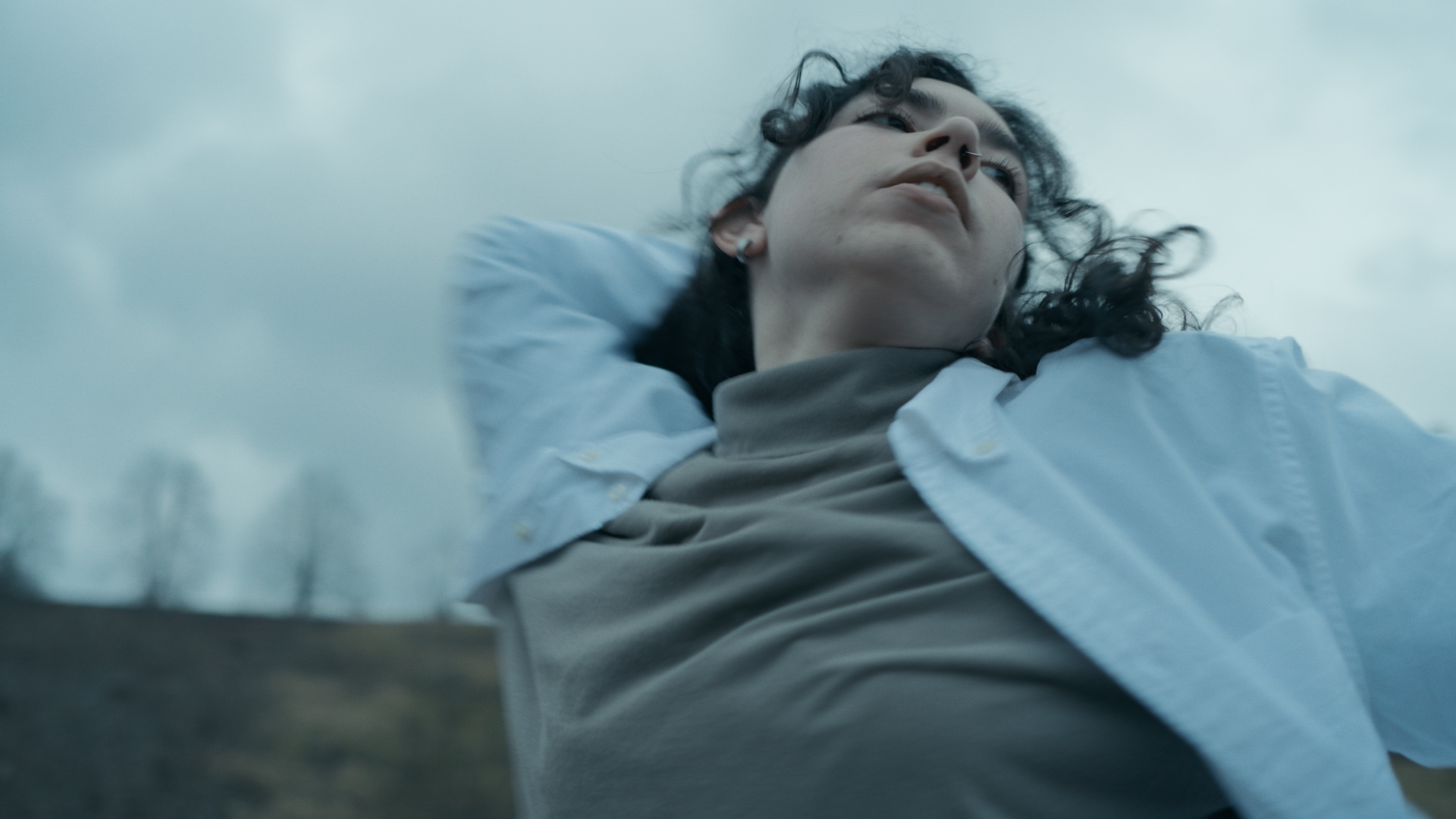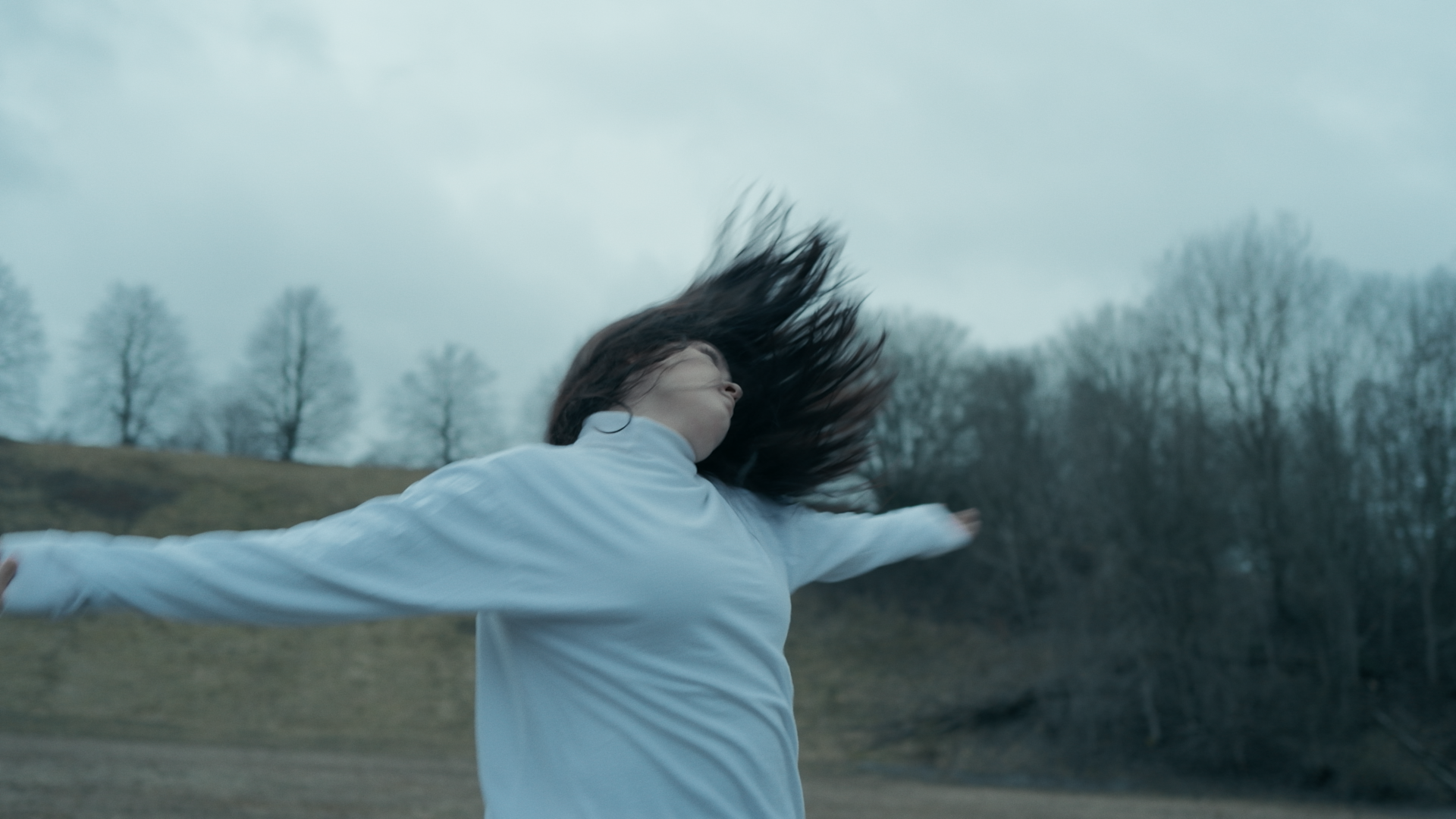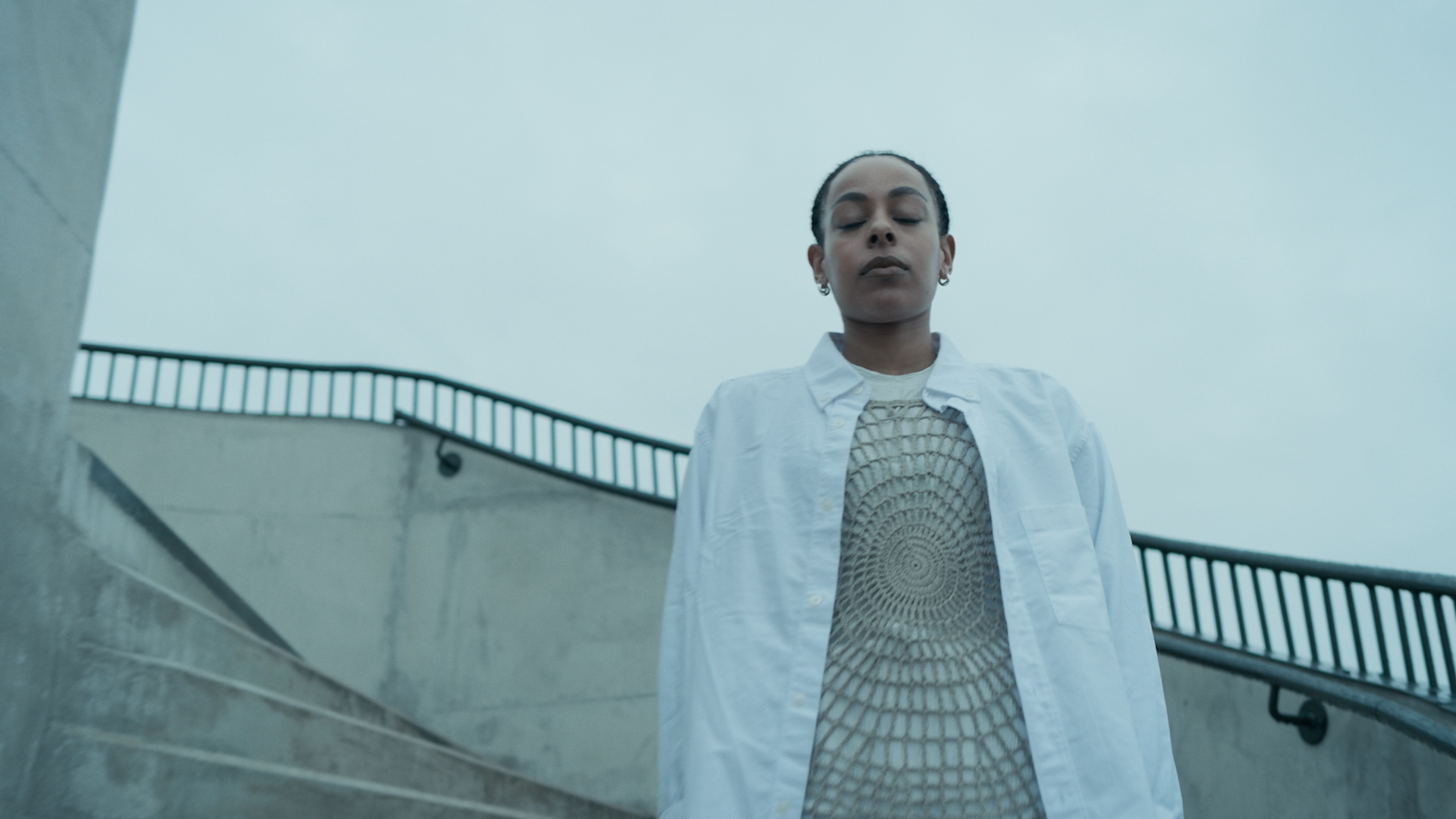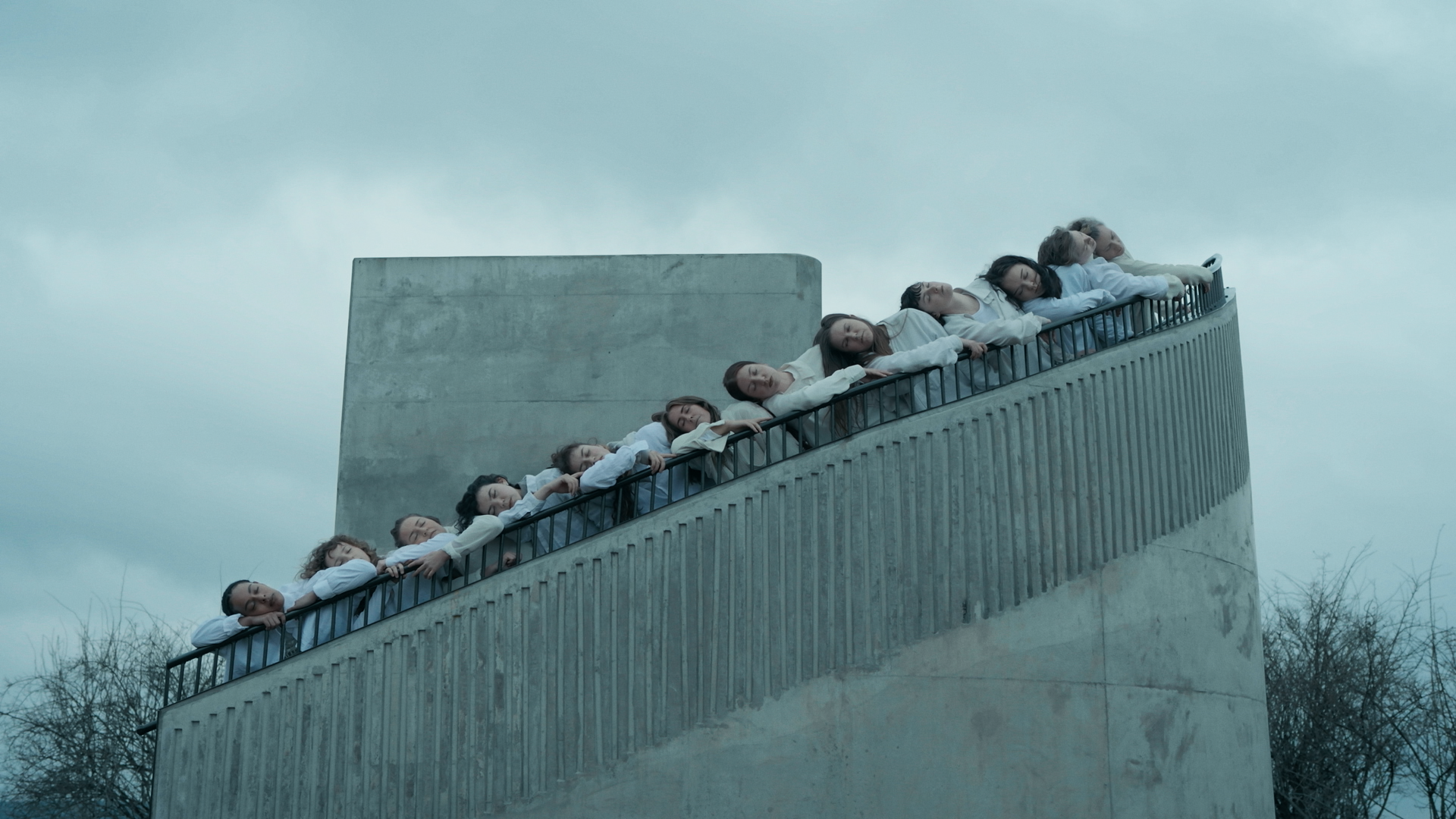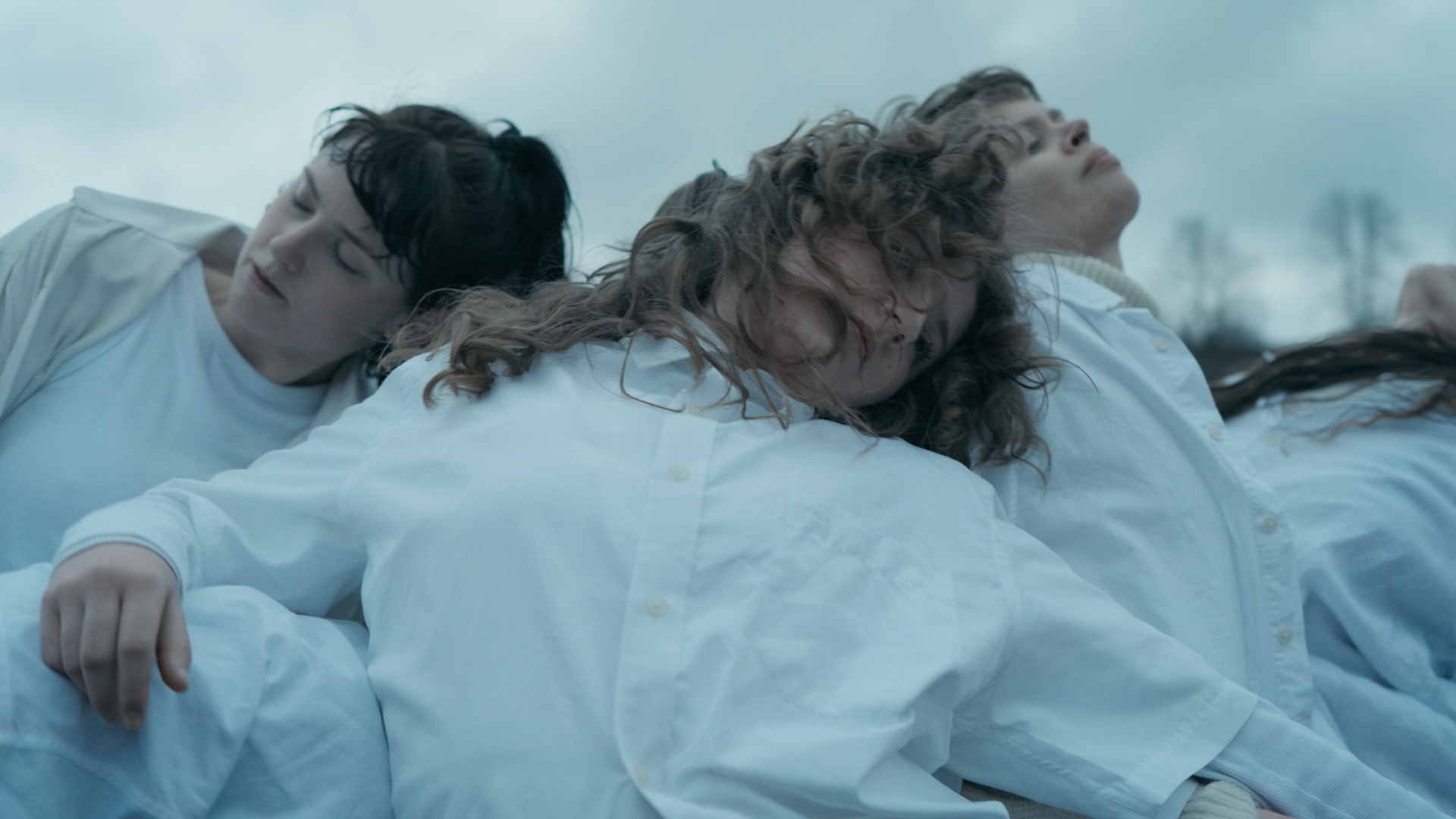FAULTLINE
We live in a patriarchal society that affects all individuals in different ways. In my ongoing project Faultline, I am exploring how these structures shape and limit men as individuals, while also contributing to a wider culture of violence and oppression. Norms surrounding masculinity are rarely questioned, yet they deeply impact men and those around them. To build a more equal society, these norms must be challenged and reimagined.
Through Faultline, I examine the pressures and contradictions imposed by patriarchal expectations. Men are often forced into narrow roles tied to strength, dominance, and achievement, while vulnerability and emotional depth are seen as weaknesses. These destructive norms can drive some men toward aggression, isolation, or self-harm, deepening feelings of inadequacy and alienation.
The project addresses four central themes:
- Emotional repression and mental health
- Violence and aggression
- Bodily expectations and traditional male movement languages
- Freedom and transformation
- Violence and aggression
- Bodily expectations and traditional male movement languages
- Freedom and transformation
I am working closely with 11 male street dancers to bring these themes to life, using movement and dance as a lens to explore the physical, emotional, and psychological dimensions of masculinity. Visually, the film is developing around the concept of duality—expressed through the body, film language, and editing—to reflect the tensions inherent in these roles.
Faultline is a short film that seeks to challenge and reshape perceptions of masculinity, fostering dialogue and reflection on how we understand men, power, and vulnerability. The work is currently in progress, with the aim of creating a visually and physically compelling piece that engages audiences both emotionally and intellectually.
The project is supported by the Swedish Arts Grants Committee and the short film is set to premiere in January 2026.
detested
In December, I will begin a three-month residency at the Swedish Arts Grants Committee, in collaboration with IASPIS. During this residency, I will continue my artistic work on DETESTED, transforming the film into a stage performance for four street dancers, as well as creating a condensed version intended as an activist performance for public spaces.
This new phase focuses on translating the film’s physical, emotional, and psychological layers into a choreographic landscape exploring power, control, violence, and vulnerability. I will work with concepts such as crazymaking, manipulation, boundary-shifting, shame, fear, and the gradual erasure of identity—allowing these ideas to shape movement, spatial structures, intention, and the relational dynamics between the dancers.
DETESTED will take the audience through the three phases of the normalization process: boundaries are shifted and erased, women are isolated, and the cycle between violence and affection becomes routine. These elements are crucial to understanding how violence is normalized and self-esteem and identity are gradually eroded. DETESTED immerses you in these three stages, illustrating how the abnormal becomes normalized. The work will become a physical and psychological experience of the mechanisms of the normalization process, where identity and autonomy are continuously challenged and transformed.
Background
DETESTED is a film, shedding light on gender-based violence and the normalization process. Violence against women is present in every society around the world and takes many forms. Globally, one in three women is subjected to physical or sexual violence by a man at some point in her life. Overwhelming, horrifying, sickening statistics; how can we as a society remain silent? The idea for the film comes from a place of anger, sorrow, frustration, and hope for change.
DETESTED is a film, shedding light on gender-based violence and the normalization process. Violence against women is present in every society around the world and takes many forms. Globally, one in three women is subjected to physical or sexual violence by a man at some point in her life. Overwhelming, horrifying, sickening statistics; how can we as a society remain silent? The idea for the film comes from a place of anger, sorrow, frustration, and hope for change.
Director, Creative Director, Choreographer, Editor & Producer - Linnéa Sonka
DOP, Colorist, Creative Mentor & Gaffer - André Forsström
Dancers
Rebecca Livaniou, Tove Rådmark, Amanda Rodriguez, Ana Strandberg, Emma Graufelds, Julia Leoni, Linnea Sällqvist, Emmy Wiman Westberg, Kirsi Kekki, Alma Hakim, Ronja Strid & Sofia Almfjord, Mattis Johansen, Carl Selvén, and Omar Velasquez Rojas.
Rebecca Livaniou, Tove Rådmark, Amanda Rodriguez, Ana Strandberg, Emma Graufelds, Julia Leoni, Linnea Sällqvist, Emmy Wiman Westberg, Kirsi Kekki, Alma Hakim, Ronja Strid & Sofia Almfjord, Mattis Johansen, Carl Selvén, and Omar Velasquez Rojas.
Globally, one in three women—approximately 736 million—is subjected to physical or sexual violence by a man at some point in her life. This violence is often driven by desires for control and power. Nearly 38% of murders of women worldwide are committed by intimate partners. In Sweden, gender-based violence has become one of the deadliest forms of violence this year. Despite this, the judicial system’s budget is being cut, and politicians are failing to prioritize or even address gender-based violence. We need change now!
